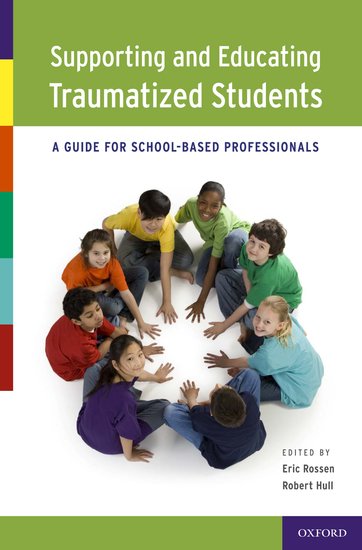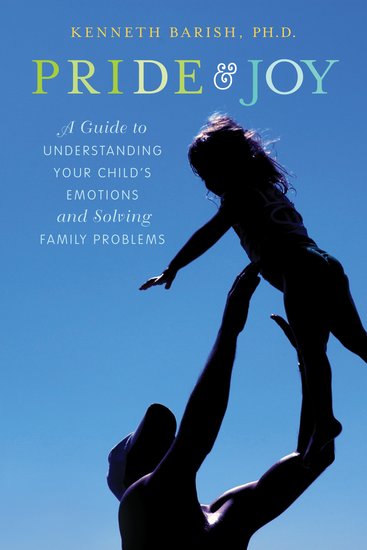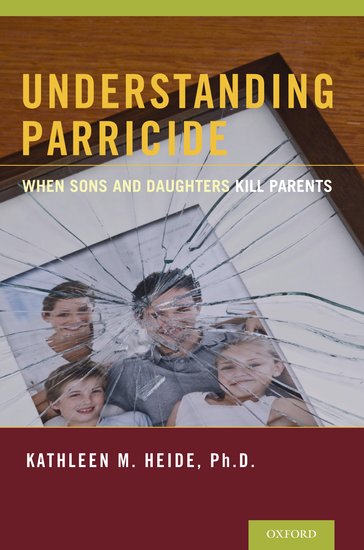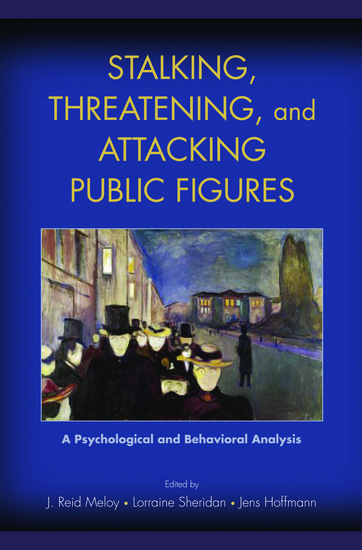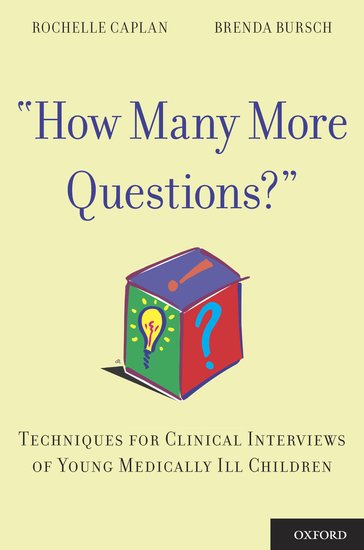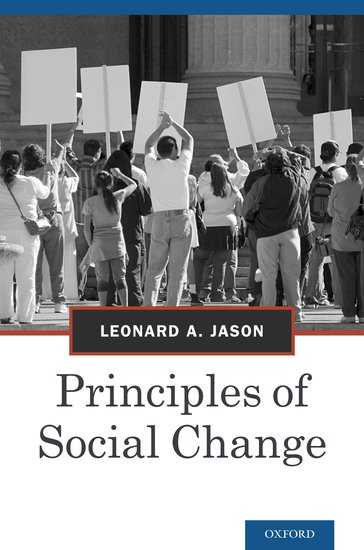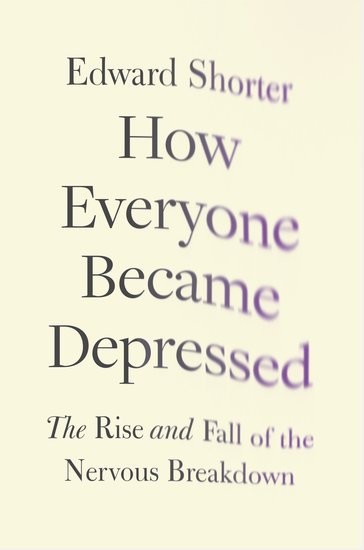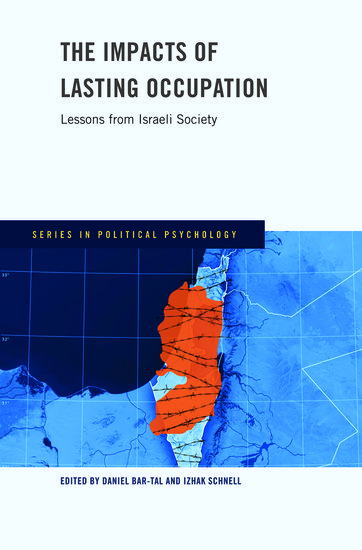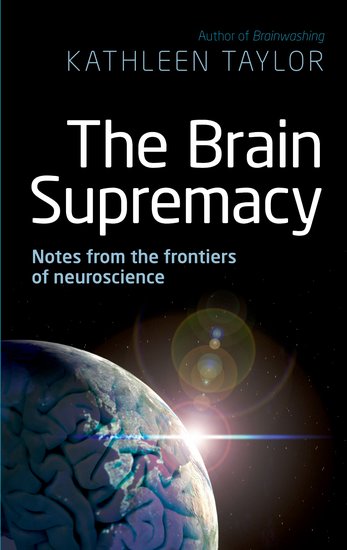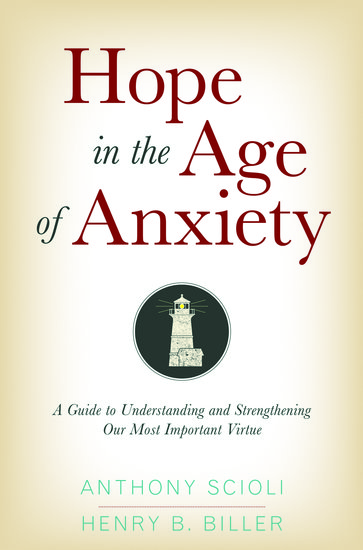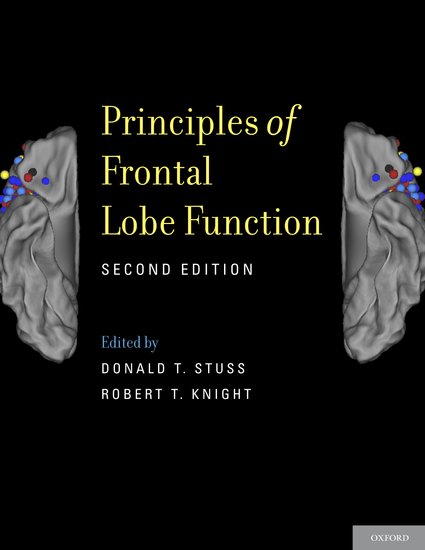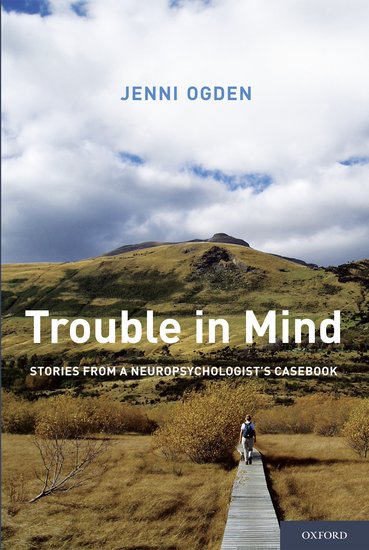The case for creating trauma-sensitive schools
By Eric Rossen
In the wake of another national tragedy, it is more apparent than ever that our schools must embrace a stronger role in supporting the mental health of our youth by developing trauma-sensitive schools. The mass shooting in Newtown, Connecticut that killed several staff and 20 elementary school students came less than two months after Hurricane Sandy, a storm that brought devastation and displacement to tens of thousands of people in the Northeast.

